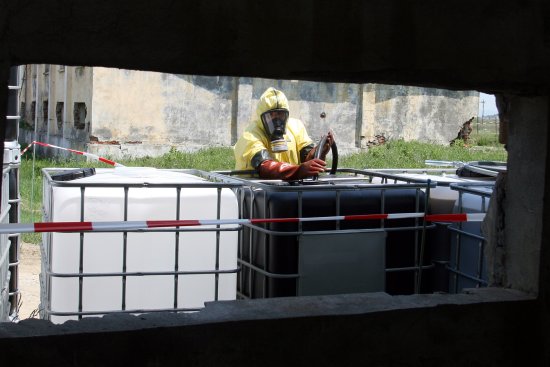
DDT was mostly banned in the U.S. in 1970, while lindane is still present in some products
Exposure to insecticides lindane and DDT can cause cancer, according to findings released by the World Health Organization (WHO) on Tuesday.
WHO’s International Agency for Research on Cancer (IARC) has now classified lindane, which has been used “extensively” for insect control, as carcinogenic to humans. DDT is now classified as probably carcinogenic to humans, based on evidence that DDT causes cancer in experimental animals and limited evidence that it does in humans.
The chemicals have been linked specifically to non-Hodgkin lymphoma, testicular cancer and liver cancer. Exposure to lindane can increase one’s risk of non-Hodgkin lymphoma by 60%, according to studies conducted in Canada and the U.S.
[time-brightcove not-tgx=”true”]The chemical 2,4-D, a common weedkiller, was classified as possibly carcinogenic to humans based on “inadequate evidence” in humans and “limited evidence” in experimental animals. Exposure can occur through food, water, dust or residential application, the IARC said.
Agricultural workers have had the most direct exposure to such chemicals. DDT was introduced to control insect populations on farms during World War II and widely proliferated, but most applications of DDT were banned in the U.S. in 1970. According to the study, however, exposure to DDT through food still exists in some parts of the world.
Lindane-based shampoo is also used to kill lice, while lindane lotion is applied directly to the skin to treat scabies. Both these products have been available since the early 1950s and are still approved by the FDA. Dr. Kurt Straif, head of the IARC, told the BBC that there are no studies currently available that assess the risk of these types of exposure.
DDT can still be legally manufactured in the U.S., but only sold to foreign countries.
The full study can be found here.